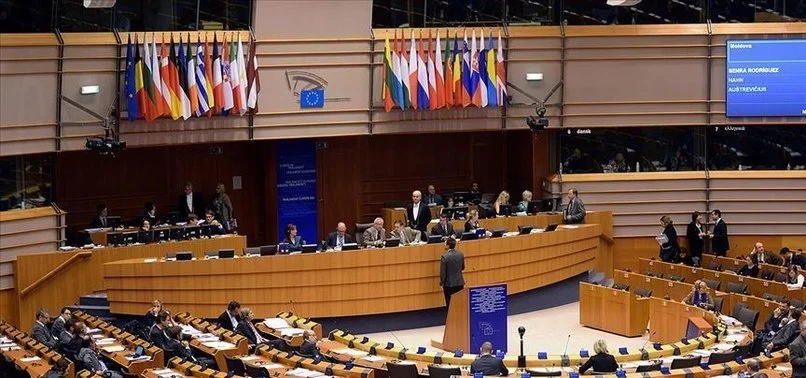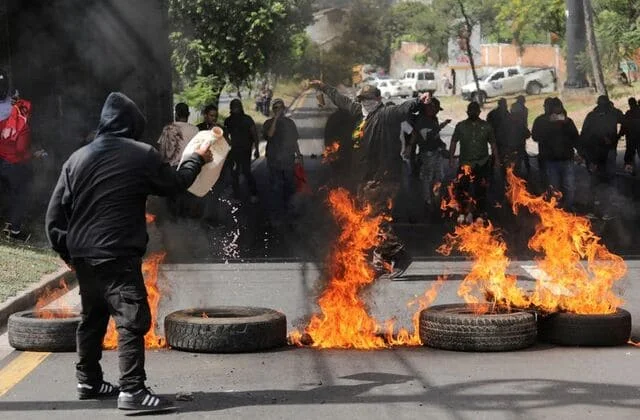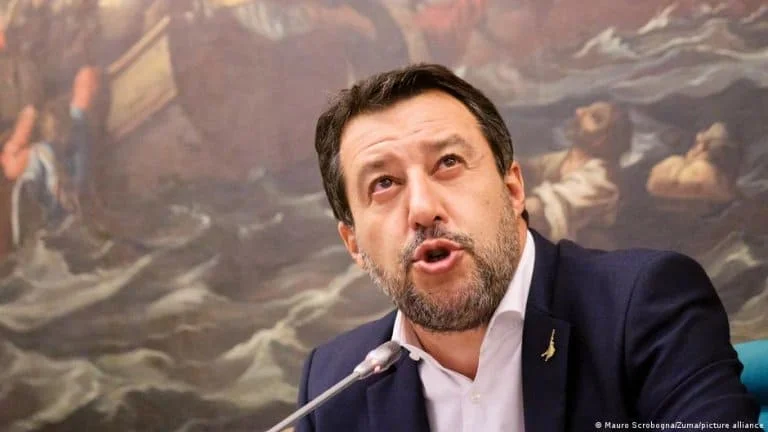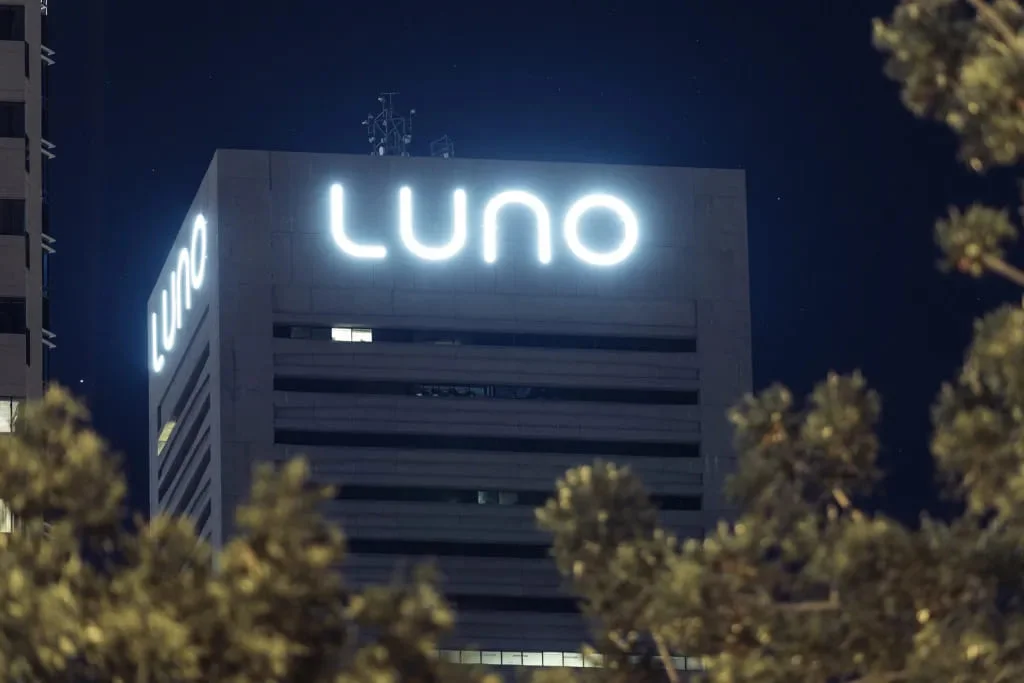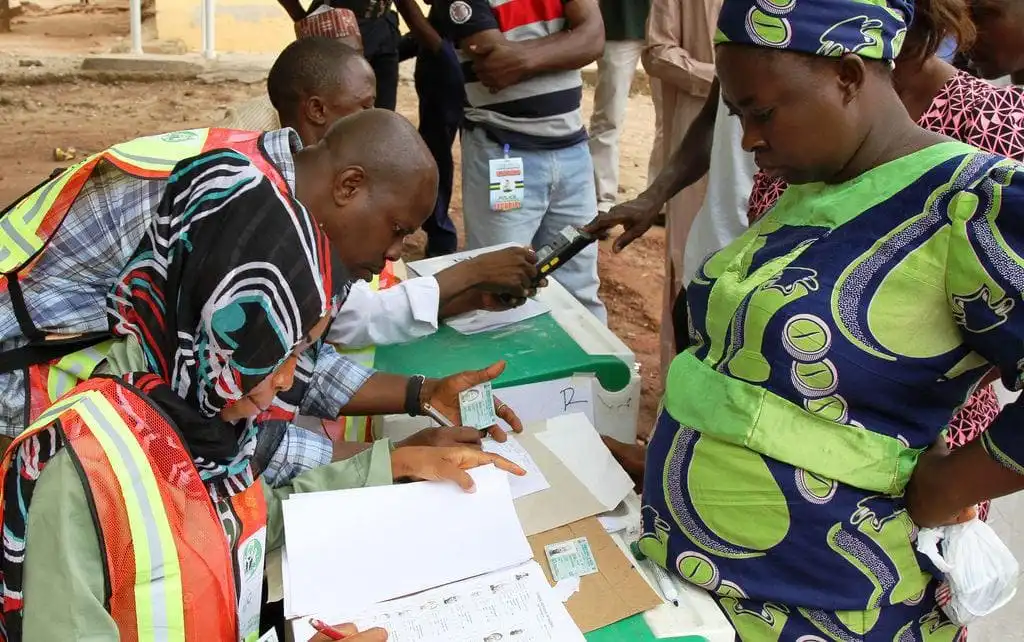The European Commission announced on Wednesday that a “protocol issue” prevented EU ministers and Commissioners from meeting with Libyan Arab armed forces in Benghazi the previous day.
Spokesperson Markus Lammert declined to elaborate but assured that the EU continues to maintain open communication channels with Libyan authorities.
Incident Details
Authorities in eastern Libya denied entry to a high-profile EU delegation on Tuesday, labeling them “persona non-grata” after they arrived in Benghazi.
The group, including EU Migration Commissioner Magnus Brunner, Italian Interior Minister Matteo Piantedosi, Greek Migration and Asylum Minister Thanos Plevris, and Maltese Home Affairs Minister Byron Camilleri, had reportedly stopped in Tripoli, the rival western capital, prior to their visit.
Eastern Libyan Prime Minister Osama Hammad cited illegal entry and failure to adhere to diplomatic conventions as reasons for the refusal.
Context and Purpose
The delegation’s visit aimed to negotiate stricter migration measures to curb people smuggling, a persistent challenge fueled by Libya’s lawlessness.
The EU has invested years and significant funds to address the flow of migrants crossing from Libya to Europe, where hundreds of thousands have sought refuge.
The Benghazi snub underscores the deep divisions between Libya’s eastern and western factions, complicating EU efforts.
Implications and Outlook
The incident highlights the fragile diplomatic landscape in Libya and the EU’s struggle to coordinate migration policies with a fractured state.
While the EU persists in dialogue, the rejection may delay progress on smuggling crackdowns, leaving the migration crisis unresolved as tensions persist.

